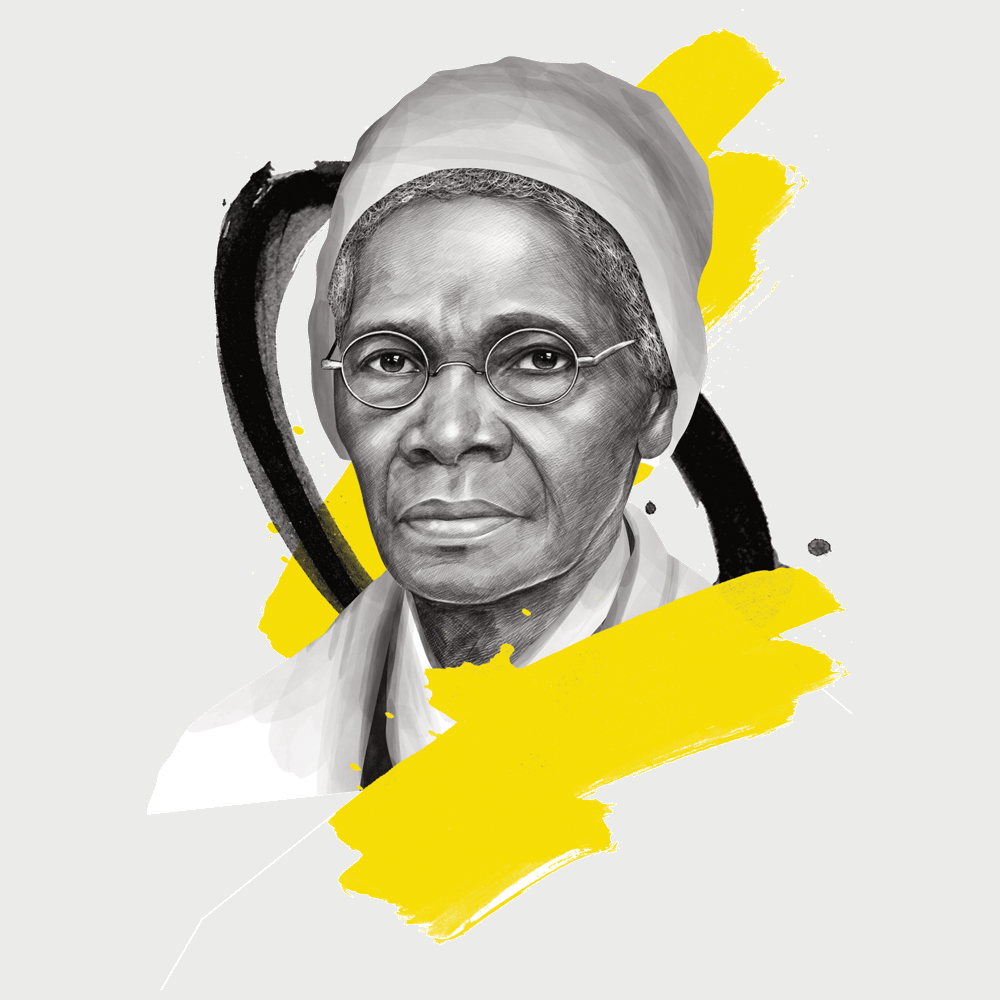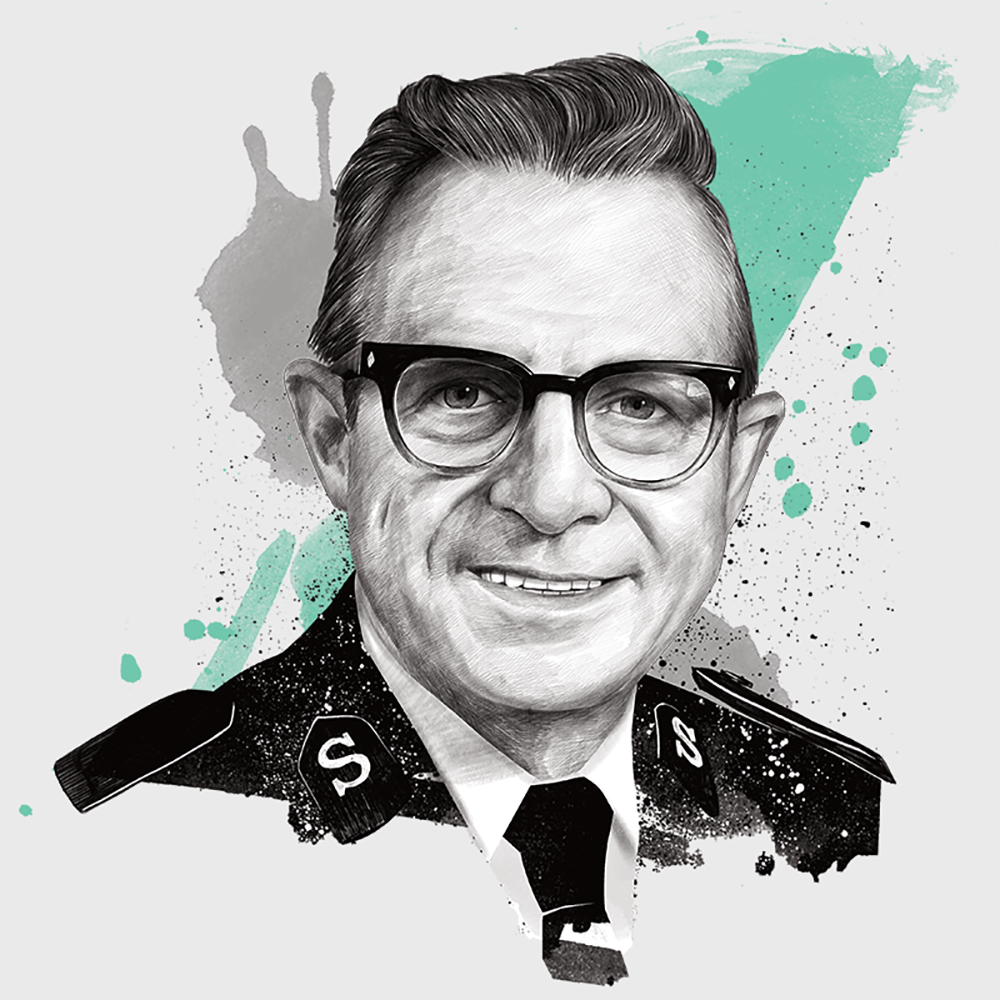 Image Credit: The Salvation Army National Archives
Image Credit: The Salvation Army National Archives
Gunpei Yamamuro
While the first Salvationists in Japan had struggled to break through because of cultural barriers, Yamamuro knocked them down like a warhammer.In my home state of Maine, some of the most gorgeous scenery takes place along the rocky shorelines. But along all the cliffs’ peninsulas, there are no bridges and just because you are “close” to some place, does not mean you are actually close. As we are fond of saying, “You can’t get theyah from hee-yah.” Same with life. It often takes a more circuitous route than we expect.
Gunpei Yamamuro, the first Japanese Salvation Army officer (pastor), would know a little bit about that.
Gunpei was born to a farming family in 1872. Unfortunately, his family was too poor to keep him, so he was adopted by a pawnbroker’s family at age nine. At the age of 15, he went off on his own, moving to Tokyo in an attempt to find some meaning of life. It was here that he heard the Gospel and gave his life to Jesus Christ. With a passion for helping people and saving souls, he was a perfect match for The Salvation Army.
He moved to Kyoto to become an officer (pastor) in The Salvation Army. In 1895, at the age of 23, Gunpei became the first Japanese officer (pastor) in The Salvation Army.
While the first Salvationists (members of The Salvation Army) in Japan had struggled to break through because of cultural barriers, Yamamuro knocked them down like a warhammer. In 1898, he wrote “The Common People’s Gospel” and explained Wesleyan holiness doctrines through the context of Japanese culture. Where others had failed sticking to the old methods, Yamamuro found success by adapting the concept of holiness into the language and culture of the audience.
His efforts were successful—it took less than 12 years in a pre-digital age for The Salvation Army in Japan to go from a relatively unknown organization to a household name.
Over the course of the next 30 years, Yamamuro rose in influence both in The Salvation Army and in Japan. He retired with the rank of Commissioner (the leader of the Salvation Army) in Japan. In 1940, he died of pneumonia at the age of 68.
So What?
We live in a world of intersecting and changing cultures. Preaching the Gospel looks different now than it did even 20 years ago, and it will look different again in another five. Not to mention, it looks different in New York City than it does in Tupelo, Mississippi. How can you effectively reach people with the Gospel when they are different than you?



